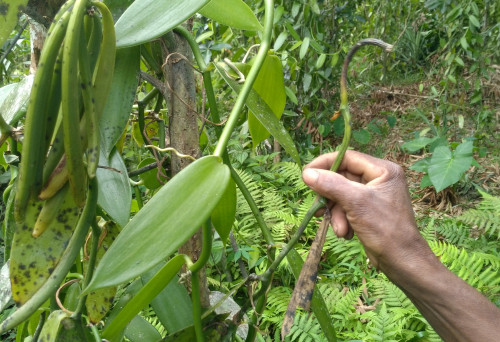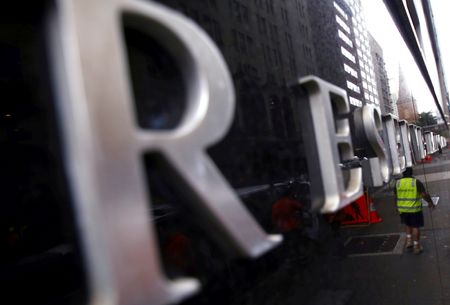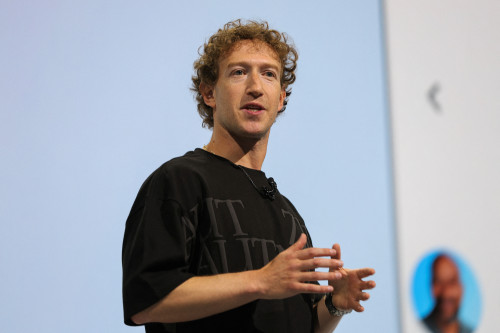UNITED NATIONS (Reuters) – The U.N. Trade and Development agency urged U.S. President Donald Trump’s administration on Monday to exclude the poorest and smallest economies from reciprocal tariffs because it “would have minimal impact on United States trade policy objectives.”
Trump imposed steep import tariffs from 11% to 50% on 57 trading partners – including the European Union – on April 9 only to pause the duties hours later for 90 days for all of them but China. The pause has cut the rate for those states to 10%, a level he had imposed on nearly all other countries.

Ad RAD Intel
"If the Big Dogs Are In, Why Aren't You?"
Hasbro, Sweetgreen, Omnicom and MGM don't play around when it comes to ROI. They've tapped RAD Intel because it's delivering 3.5x content performance-and they're not alone.
This AI isn't guessing. It's predicting what converts, and wiit's already reached 45M+ users. $37M raised. Fortune 1000 clients. Still pre-IPO.
You just found the company fixing a trillion-dollar problem - before the crowd did. People from Google, Amazon, and Meta have already made their move.
Look deeper into an AI startup with proven traction that has insiders talking.
With some exciting news on the horizon, invest by May 8 before it's too late.
DISCLOSURE: This is a paid advertisement for RAD Intel's Reg A offering. Please read the offering circular and related risks at invest.radintel.ai.
The U.N. agency, known as UNCTAD, said the pause offered a “critical moment to consider exempting” small, vulnerable economies and least developed countries “from tariffs that offer little to no advantage for U.S. trade policy while potentially causing serious economic harm abroad.”
In a policy insight report it said some of the countries listed among the 57 trading partners threatened with reciprocal tariffs above 10% “are very small and/or economically poor with very low purchasing power.”
“As a result, they offer limited or no export market opportunities for the United States. Trade concessions from these partners would mean little to the United States, while potentially reducing their own revenue collection,” UNCTAD said.
Trump’s tariff pause is aimed at allowing time to negotiate deals to reduce foreign tariffs and trade barriers. UNCTAD also said that for 36 of the 57 trading partners listed, the new tariffs would generate less than 1% of current U.S. tariff revenues.
UNCTAD also noted that several of the 57 trading partners targeted by Washington export agricultural commodities that are not produced in the United States and for which there are few substitutes.
“Examples include Madagascar’s vanilla and cocoa from Cote d’Ivoire (Ivory Coast) and Ghana. Increasing tariffs on such goods, while generating some revenue, is likely to result in higher prices for consumers,” it said.
(Reporting by Michelle Nichols; additional reporting by David Lawder; Editing by Aurora Ellis)






